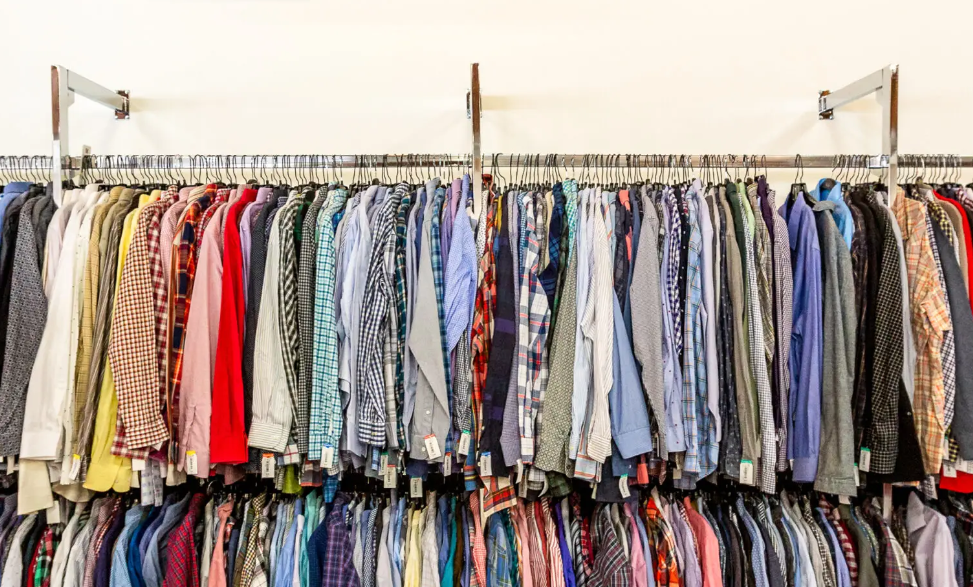
Lululemon has joined the Sorting for Circularity USA consortium project as an external brand partner, while Helpsy, United Southern Waste Material, Goodwill Industries International Inc., and its members Goodwill of Colorado, Goodwill Industries-Suncoast, Inc., Goodwill of the Finger Lakes, and Goodwill of San Francisco Bay join as implementation partners. Furthermore, Adidas is the lead sponsor of the project, ensuring its successful execution.
The Sorting for Circularity framework, co-developed by Fashion for Good and Circle Economy in January 2023, aims to map the journey of garments from the closet to their end of use, capture textile waste and unlock its potential for recycling. The project drives the implementation of advanced sorting technologies, such as near-infrared spectroscopy, and promotes circularity within the fashion value chain.
Viviane Gut, senior director of sustainability at Adidas, emphasised the importance of projects like Sorting for Circularity and said: “As a lead sponsor of this project, we are looking forward to working with our partners to further formulate requirements for the political framework, infrastructure, and technologies for the implementation of circular solutions in the US. Together, we can create a future where textile waste is transformed into valuable resources.”
By conducting an extensive consumer survey, the project will provide valuable insights into the composition of textile waste generated in the US. These findings will inform strategies for scaling collection, sorting, and recycling innovations, as well as guide investment decisions.
Building upon the success of Sorting for Circularity projects in Europe and India, this initiative will accelerate textile recycling in the United States by providing insights into material composition, volume, and location of used textiles.
With an initial focus on six key states – California, Texas, Florida, New York, New Jersey, and Colorado – the project has expanded its reach. Additional partners such as Secondary Materials and Recycled Textiles (SMART) Association, Helpsy, United Southern Waste Material, and Goodwill Industries International Inc., along with its member organisations, will support the analysis of fibre composition data.

US Tariffs are shifting - will you react or anticipate?
Don’t let policy changes catch you off guard. Stay proactive with real-time data and expert analysis.
By GlobalDataBy fostering pre-competitive collaboration, the Sorting for Circularity USA project brings together key players in the industry to address its most significant challenges. Lululemon joins Eastman, H&M, and Nordstrom as project partners, alongside corporate partners Adidas, Inditex, Levi Strauss & Co., and Target. The lead sponsorship from Adidas will enable a more in-depth analysis of the textile waste infrastructure in the United States and identify valuable opportunities for advancement.
Resource Recycling Systems will drive the dissemination and analysis of the consumer survey, while the New York State Centre for Sustainable Materials Management and Syracuse University Centre for Sustainable Community Solutions will collaborate on the analysis. Matoha’s near-infrared devices will be used for textile composition analysis, with advisory support from Circle Economy.
Fashion for Good believes the US faces a pressing issue of textile waste, with 85% of discarded textiles ending up in landfills. Understanding the material composition, volume, and location of used textiles is crucial for effective capture and sorting, ensuring the highest quality end-use. The Sorting for Circularity project series, spanning multiple geographies, allows for insightful cross-country comparisons, highlighting regional variations in textile waste generation and required infrastructure.
“Waste is always a local problem because of high transportation costs. Achieving zero waste goals will require new ways to process garments locally rather than shipping them off to make them someone else’s problem,” said Alex Husted, CIO and co-founder of Helpsy.



